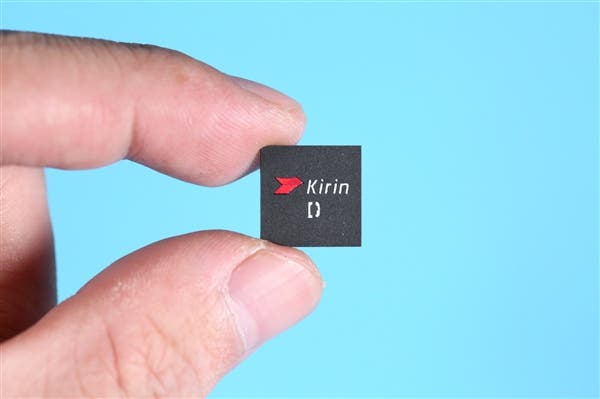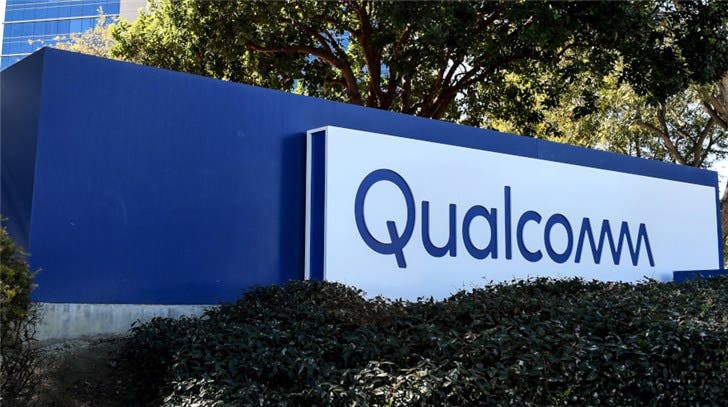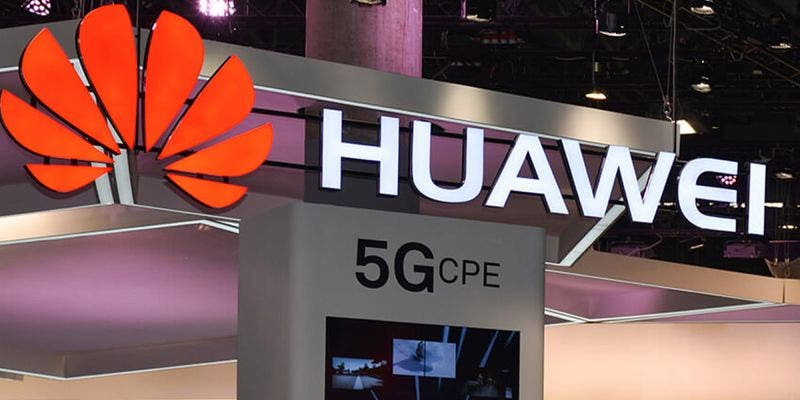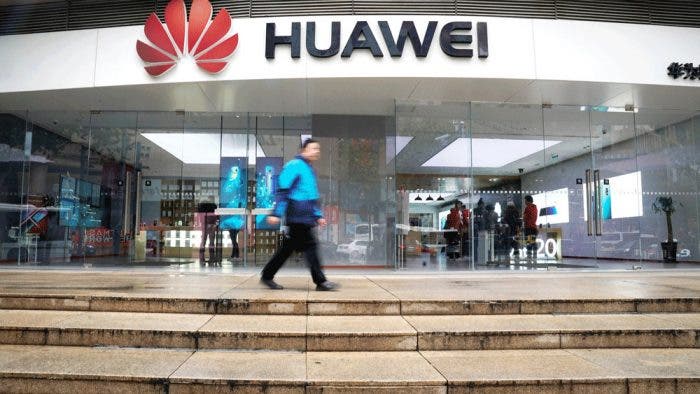In the recent interview with Yahoo Finance, Ren Zhengfei, the founder and CEO of Huawei, said that although some areas of Huawei have developed products that can be replaced, if the US government allows companies such as Intel and Qualcomm to continue to supply, Huawei will continue to purchase products from them.
He then revealed that although Kirin already has a complete chip solution, Huawei still purchased 50 million Qualcomm chips last year. This year, Huawei authorized its consumer business to purchase the sufficient number of Qualcomm chips; it is estimated that total smartphone shipments will reach 270 million units.
In July of last year, Ren Zhengfei mentioned the “50 million” Qualcomm chips the company purchased. Clarifying that Qualcomm and Huawei are not antagonists.

Huawei’s 2018 core supplier list actually shows that Qualcomm, Sony, Samsung, etc. are all Huawei’s gold suppliers. But what is that since Huawei already has its own research and development team (Kirin)? The question is actually not difficult to answer.
The technical composition and usage scenarios of the chip are very complicated and diverse; it’s impossible for a manufacturer to excel in all fields. Huawei’s chip technology started late and although the progress has been great in recent years, Qualcomm, Intel and so on still lead the tech.
Ren Zhengfei: Huawei will keep Buying Qualcomm Chips

In terms of mobile phones, Huawei’s mid-to-high-end product lines have adopted their own Kirin chips in recent years, but entry and mid-range products will still choose Qualcomm. For example, the Honor 8X series which sold over 15 million units is equipped Snapdragon 636 and the Snapdragon 660.
Meanwhile for smartwatches and notebooks, Huawei is also purchasing chips from Qualcomm and Intel. For example, the Huawei MateBook E released in April this year is equipped with the Snapdragon 850 processor.
In addition to that, the chip industry has high technical thresholds, fast advancement and fierce competition. No company can guarantee that every generation of its products will be successful. Therefore, it is a common practice in the industry to not put “too many eggs” in its own basket.

Huawei’s cooperation with Qualcomm is also reflected in interoperability testing. In February, Qualcomm and Huawei successfully completed a 5G NR interoperability test based on the 3GPP Release 15 standard. The test leverages Qualcomm’s UE prototype and Huawei’s 5G commercial system, a key milestone in accelerating the maturity of the Release 15 5G NR ecosystem. The 5G NR interoperability demonstration has been exhibited at the MWC booth in Barcelona that year.
Liang Hua, chairman of Huawei, has repeatedly stressed to the media that Huawei adheres to the attitude of open cooperation and adheres to cooperation with the entire industry chain to win and share benefits. Huawei will not change its relationship with various companies, but will rely on each other for a common cause.





